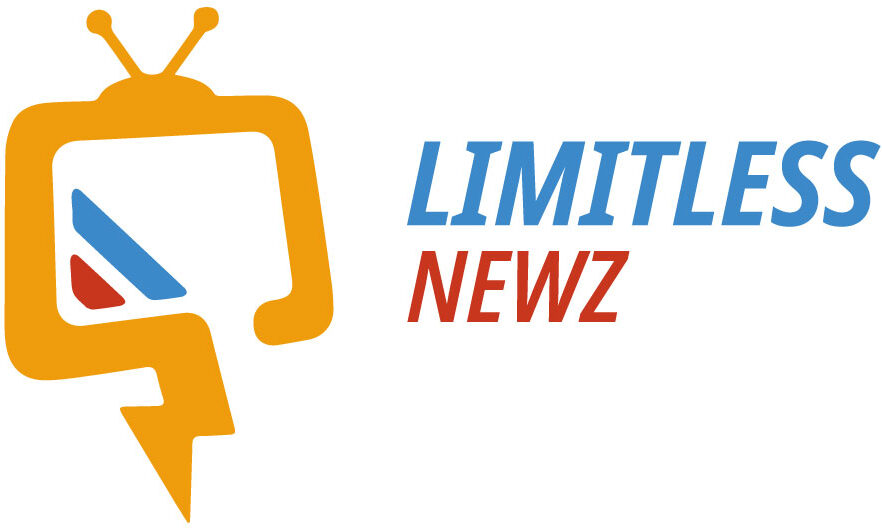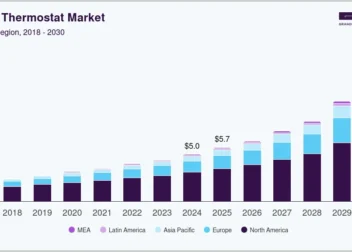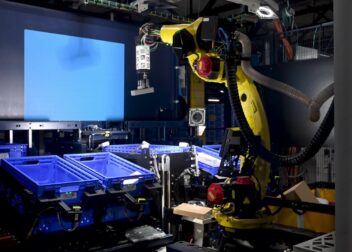Work 3.0: How Tech Is Redefining Jobs in the AI Age
Imagine a world where your morning coffee is brewed by a robot barista, your emails are drafted by an AI assistant, and your job description includes “collaborating with algorithms.” Welcome to Work 3.0, the era where technology, particularly artificial intelligence, is reshaping how we work, what we do, and even why we do it. The future of work isn’t some distant sci-fi fantasy—it’s happening now, and it’s thrilling, transformative, and a little bit daunting. From job automation to the rise of the digital workforce, let’s dive into how tech is redefining jobs in the AI age and what it means for you.

The Rise of the Digital Workforce
The workforce evolution is in full swing, and AI is at the helm. Picture this: Sarah, a marketing manager, used to spend hours analyzing customer data. Now, an AI tool crunches the numbers in seconds, leaving her free to brainstorm creative campaigns. This is the digital workforce in action—humans and machines working together to amplify productivity. According to a 2023 McKinsey report, up to 30% of current jobs could be automated by 2030, but here’s the kicker: job automation doesn’t always mean job loss. It often means job transformation.
Roles are shifting toward human-AI collaboration, where AI handles repetitive tasks, and humans focus on creativity, strategy, and empathy—things machines can’t replicate (yet!). For example, customer service reps now use smart work tools like AI-powered chatbots to handle basic queries, allowing them to tackle complex issues with a personal touch. The future of work isn’t about replacing humans; it’s about redefining what humans can achieve with tech by their side.
Remote Work Trends and the Virtual Office Boom
The pandemic accelerated remote work trends, and AI has supercharged them. Tools like Zoom, Slack, and AI-driven project management platforms have turned the virtual office into a powerhouse of productivity. But it’s not just about working from home in pajamas (though that’s a perk). The workplace transformation is about flexibility and access. A 2024 Gartner study found that 47% of employees prefer hybrid or fully remote roles, and companies are leaning into smart work tools to make it seamless.
Take Javier, a graphic designer in Miami, who collaborates with a team spread across Tokyo, London, and São Paulo. AI-powered translation tools break language barriers, while virtual reality platforms let them “meet” in a digital studio to brainstorm. The gig economy is also thriving in this environment, with freelancers using platforms like Upwork to find tech-driven careers. The employment trends are clear: work is no longer tied to a physical office, and AI is making global collaboration easier than ever.
Reskilling for AI Jobs and Beyond
If job disruption sounds scary, think again—it’s an opportunity. The future of work demands new skills, and reskilling is the bridge to get there. The World Economic Forum predicts that by 2027, 60% of workers will need retraining to thrive in AI jobs and other tech-driven roles. From coding to data analysis to AI ethics, the skills of tomorrow are accessible to anyone willing to learn.
Consider Emma, a former retail worker who took an online course in AI prompt engineering—a role that didn’t exist five years ago. Now, she helps companies design AI systems that understand human nuances. Platforms like Coursera and LinkedIn Learning are booming with courses on tech-driven careers, and employers are investing in reskilling programs to keep their teams competitive. The workforce evolution rewards adaptability, and the good news? You don’t need a PhD to jump in—just curiosity and a willingness to grow.
The Gig Economy and the Freelance Revolution
The gig economy is another pillar of Work 3.0, fueled by AI and the desire for flexibility. Platforms like Fiverr and Toptal connect freelancers with businesses needing specialized skills, from AI-generated content creation to blockchain development. In 2024, Upwork reported that 36% of the U.S. workforce participated in freelance work, a number expected to grow as employment trends favor project-based roles.
AI is a game-changer here, too. Freelancers use smart work tools like Grammarly for writing, Canva for design, and even AI-driven market analysis to pitch their services. But it’s not all rosy—gig workers face challenges like inconsistent income and lack of benefits. Still, the workplace transformation empowers individuals to craft careers on their terms, blending passion, skill, and tech in ways traditional 9-to-5s never could.
Navigating the Challenges of Job Disruption
Let’s be real: the future of work isn’t all sunshine and robot assistants. Job disruption is a reality, especially for roles heavy on routine tasks. A 2024 study by the International Labour Organization estimated that low-skill jobs in industries like manufacturing and retail face the highest risk of automation. But here’s where human-AI collaboration shines. While AI might take over data entry, it’s creating demand for roles like AI trainers, sustainability analysts, and even “robot therapists” to maintain workplace morale.
The key is staying ahead of the curve. Governments, companies, and individuals must invest in reskilling and policies that support workers through transitions. For example, Denmark’s “flexicurity” model combines flexible hiring with robust retraining programs, a blueprint for navigating workforce evolution. The AI in the workplace revolution isn’t about winners and losers—it’s about collective adaptation.
Embrace the Future of Work
Work 3.0 is here, and it’s a thrilling ride. From the rise of the digital workforce to the explosion of remote work trends, AI is redefining jobs in ways that spark creativity, flexibility, and opportunity. The workplace transformation isn’t just about tech—it’s about empowering people to work smarter, not harder. Whether you’re reskilling for AI jobs, diving into the gig economy, or collaborating with algorithms, the future of work is yours to shape.
So, what’s your next step? Explore a new skill, experiment with smart work tools, or simply stay curious about where this workforce evolution is headed. The AI age is rewriting the rules of work—jump in, adapt, and make it your own. What’s one way you’ll embrace the future of work today?



